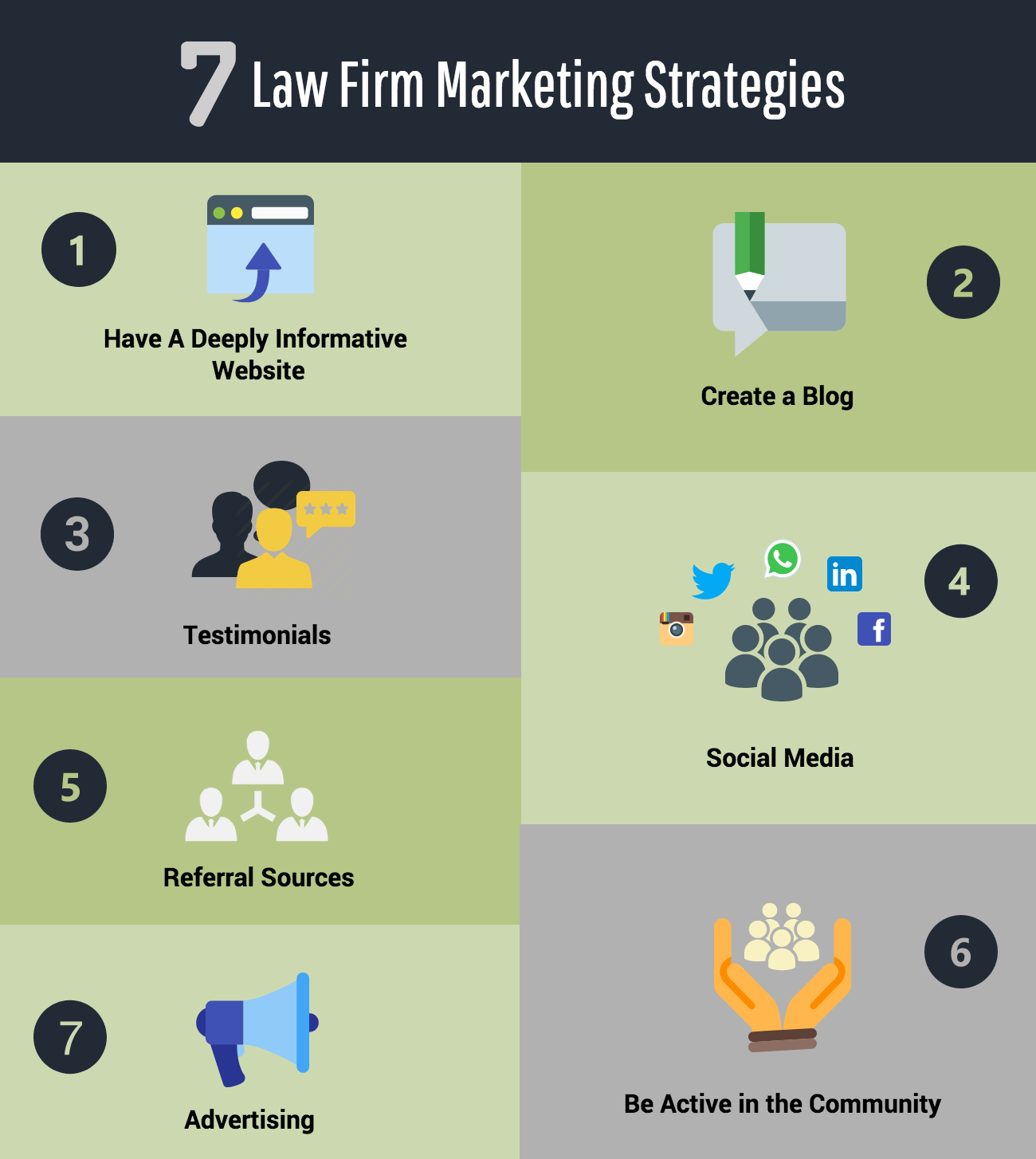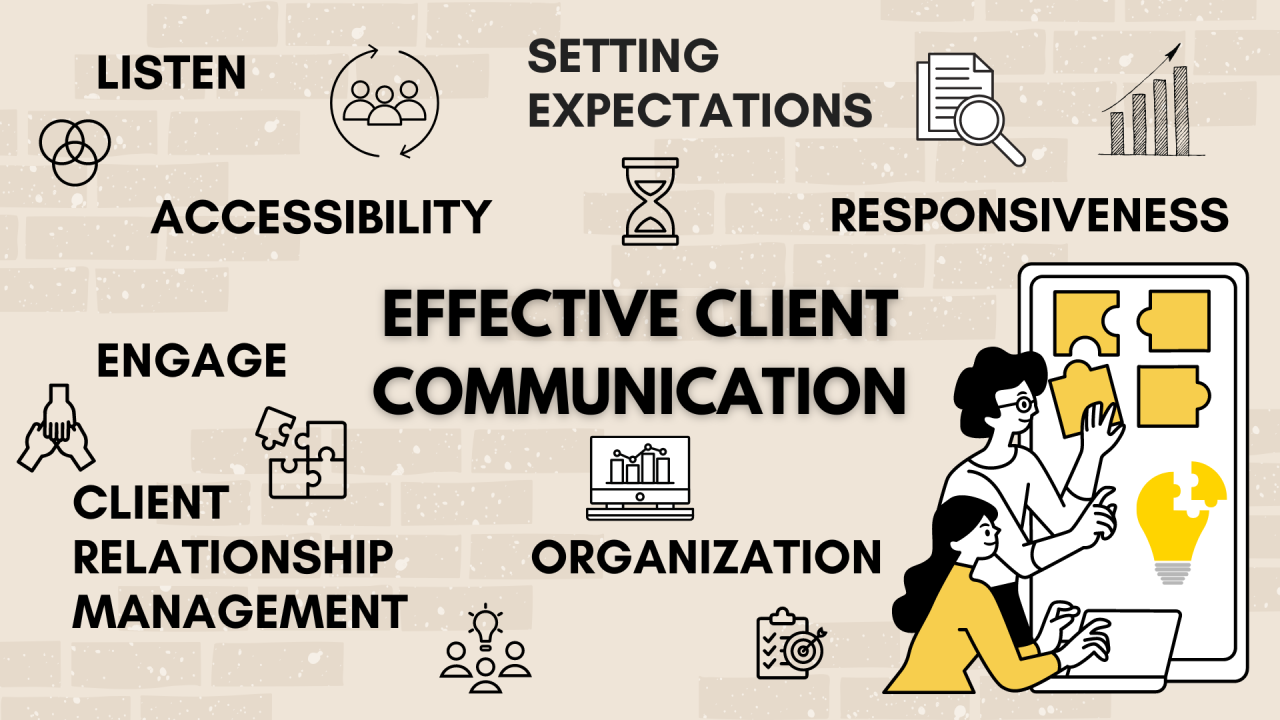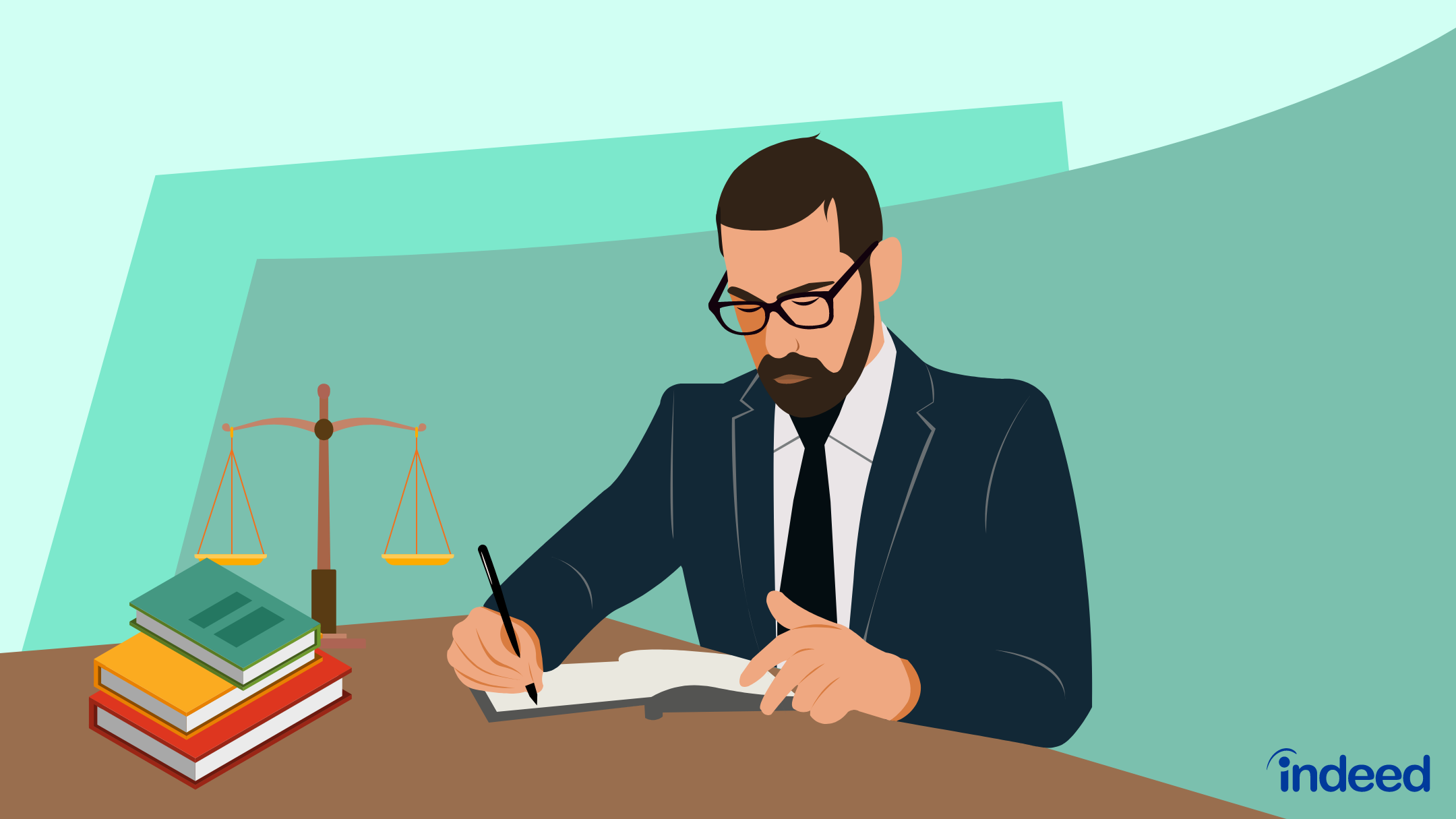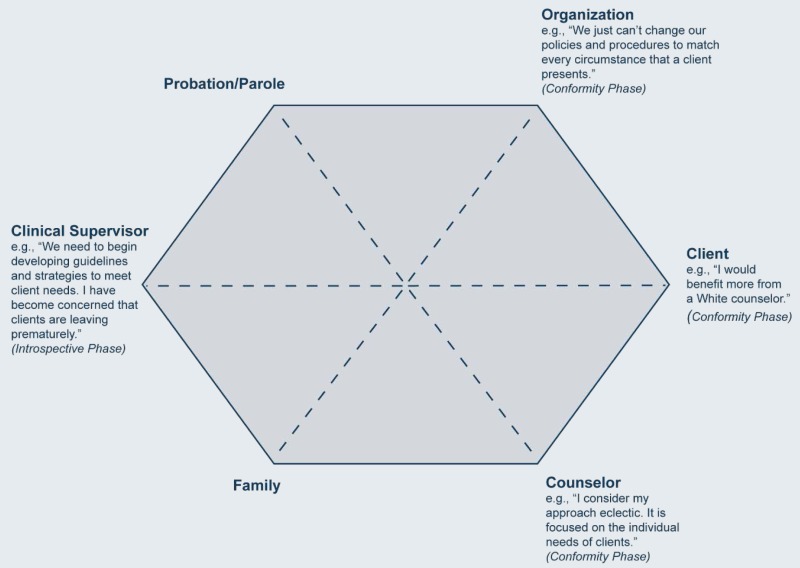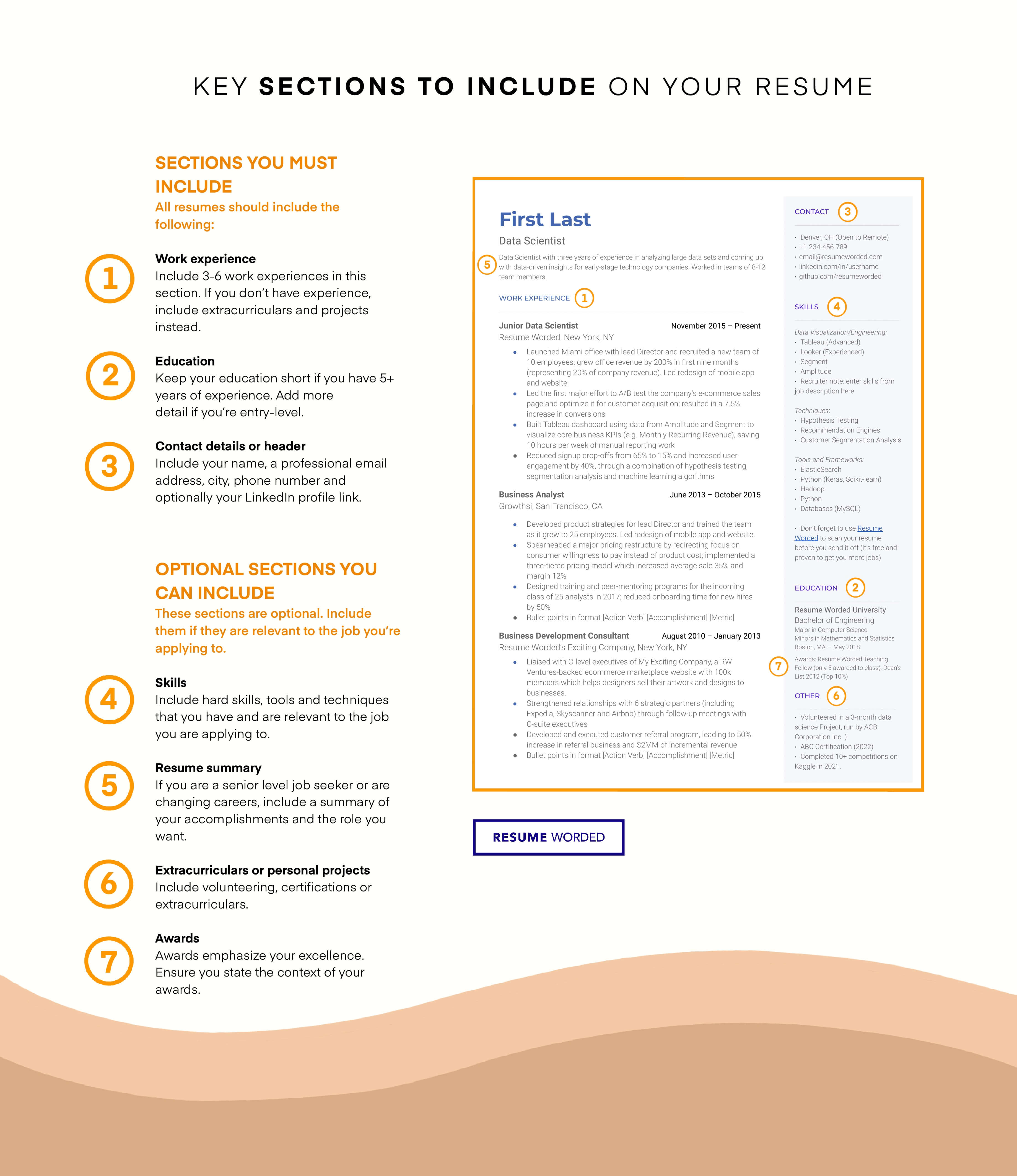
Mastering Business Development Tips for Lawyers’ Success
Empowering Lawyers with Business Development
In the competitive landscape of law, mastering business development is essential for lawyers seeking to achieve success and thrive in their careers. From attracting new clients to building strong relationships and expanding their professional network, implementing effective business development strategies can make a significant difference in a lawyer’s success.
Understanding the Importance of Business Development
Business development goes beyond the traditional practice of law, encompassing a range of activities aimed at growing a lawyer’s client base, enhancing their reputation, and increasing revenue. By mastering business development, lawyers can position themselves as trusted advisors, differentiate themselves from competitors, and create opportunities for career advancement and growth.
Building a Strong Personal Brand
One of the cornerstones of successful business development for lawyers is building a strong personal brand. This involves establishing a clear identity, reputation, and value proposition that sets them apart from other legal professionals. By defining their unique strengths, expertise, and areas of specialization, lawyers can attract clients who align with their values and objectives.
Cultivating Relationships and Networks
Relationships are at the heart of business development for lawyers. Cultivating strong relationships with clients, colleagues, and industry peers is essential for building trust, generating referrals, and uncovering new business opportunities. By investing time and effort in nurturing these relationships, lawyers can create a network of support and resources that can propel their success.
Effective Communication and Networking
Effective communication is a fundamental skill for lawyers looking to master business development. Whether it’s engaging with clients, delivering presentations, or participating in networking events, lawyers must be able to articulate their value proposition, listen actively to client needs, and communicate their expertise with confidence and clarity. Networking plays a crucial role in business development, providing opportunities to connect with potential clients, referral sources, and industry influencers.
Identifying and Pursuing Opportunities
Successful business development for lawyers requires a proactive approach to identifying and pursuing opportunities. This involves staying attuned to market trends, client needs, and emerging opportunities in the legal landscape. By leveraging their expertise, insights, and networks, lawyers can position themselves to capitalize on these opportunities and expand their practice.
Providing Value-Added Services
In today’s competitive legal market, providing value-added services is key to differentiating oneself and attracting clients. Lawyers can enhance their business development efforts by offering additional services, such as educational workshops, thought leadership content, or innovative legal solutions, that address client needs and add value to their practice.
Measuring and Evaluating Success
Measuring and evaluating the success of business development efforts is essential for lawyers looking to refine their strategies and achieve their goals. By setting clear objectives, tracking key performance indicators, and analyzing results, lawyers can identify what’s working well and where there’s room for improvement. This data-driven approach allows lawyers to make informed decisions and optimize their business development efforts for greater success.
Continuous Learning and Improvement
Business development is an ongoing process that requires continuous learning and improvement. Lawyers must stay informed about industry trends, client preferences, and best practices in business development to remain competitive and relevant in today’s dynamic legal landscape. By investing in professional development, attending training workshops, and seeking mentorship, lawyers can continue to refine their skills and stay ahead of the curve.
Conclusion
Mastering business development is essential for lawyers seeking to achieve success and thrive in their careers. By building a strong personal brand, cultivating relationships and networks, effectively communicating and networking, identifying and pursuing opportunities, providing value-added services, measuring and evaluating success, and continuously learning and improving, lawyers can position themselves for long-term success and growth in the legal profession. Read more about business development tips for lawyers







